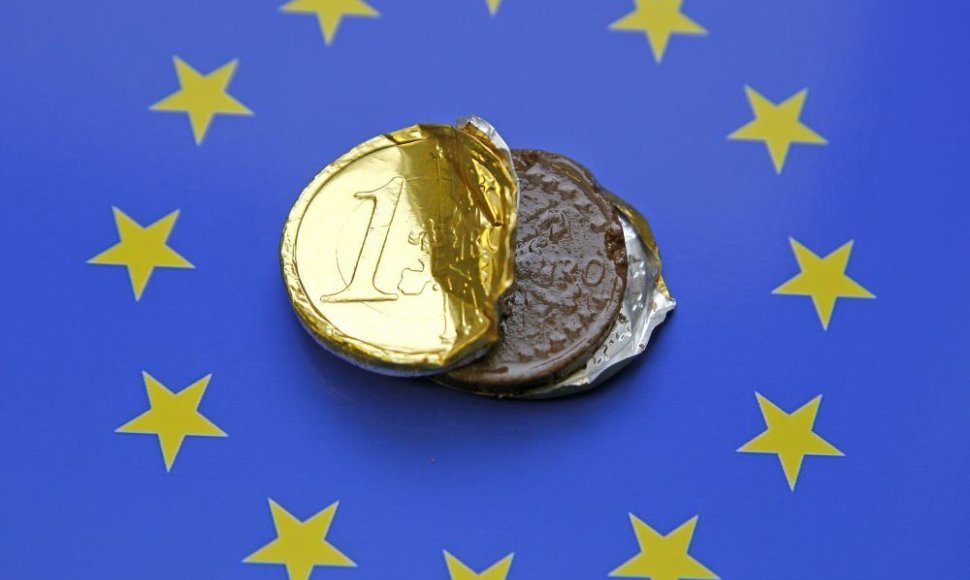"I can feel what my mother thinks. Elderly people don't want changes that are unknown to them. How to convince them? I think we have to spend more time on explaining and strengthen the euro promotion policy," he told the Žinių Radijas radio station on Thursday.
Butkevičius said that he had not yet spoken with his mother about the euro.
The prime minister reiterated his opinion that euro adoption will be beneficial for Lithuanian people, but no referendum is needed on this issue, because the country committed itself to joining the euro zone when it joined the European Union.
An opinion poll carried out by RAIT for BNS in October 2011 showed that the number of euro opponents in Lithuania had increased over the past twelve months to exceed the number of supporters for the first time in almost six years.
Some 49 percent of those polled in October 2011 were against euro entry and 43 percent were in favor of adopting the single currency. Elderly people, aged 65 to 74 years, as well as blue-collar workers, farmers, and pensioners tended to be more opposed to euro entry.
Last month, the government approved a plan that calls for starting preparation for switching to the euro in 2015.












